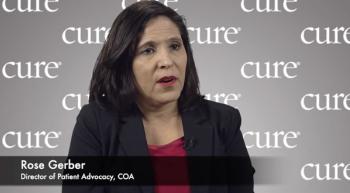
COA’s head of patient advocacy discusses the role of self-advocacy in survivorship and receiving quality, affordable, accessible cancer care.

COA’s head of patient advocacy discusses the role of self-advocacy in survivorship and receiving quality, affordable, accessible cancer care.
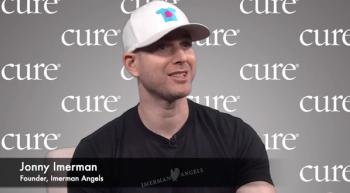
A cancer diagnosis can happen so fast, it takes a lot to wrap one’s mind around it; however, Imerman Angels – a Chicago-based, global, peer-to-peer nonprofit support group – is here to help.
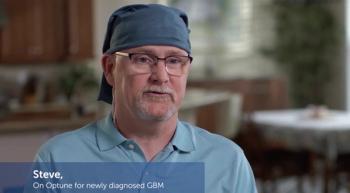
Watch a video about Steve, an Optune user. Learn how Steve manages his treatment while enjoying his favorite activities.
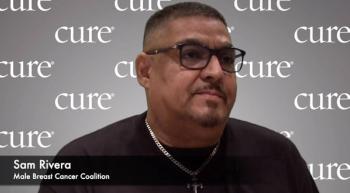
Sam Rivera, a 47-year male breast cancer survivor, sat down with CURE at the 36th Annual Miami Breast Cancer Conference to discuss the importance of communicating family health history, to advise men to be proactive about their health and to share his positive experience with the Male Breast Cancer Coalition.
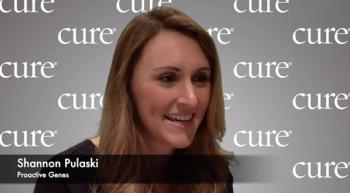
At the 36th Annual Miami Breast Cancer Conference, Shannon Pulaski, founder of Proactive Genes, sat down with CURE® to discuss how parents can relate important health information, such as genetic mutations, to children of all ages.
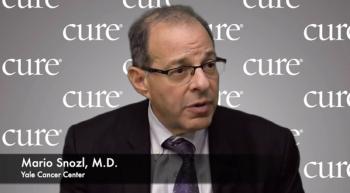
An expert discusses the evolving treatments for renal cell carcinoma (RCC) over the last decade, as well as the future role of immunotherapies for patients with RCC.
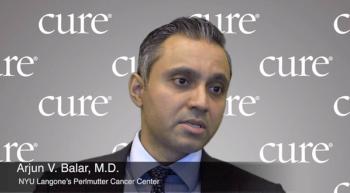
An expert discusses the future of immunotherapy in light of new frontline treatments like Keytruda that have been demonstrating positive results for patients with non–muscle invasive bladder cancer.
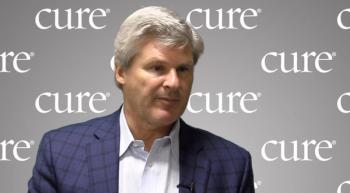
Thanks to better understanding of cancer biology, the outlook for advanced lung cancer is better than it has ever been.
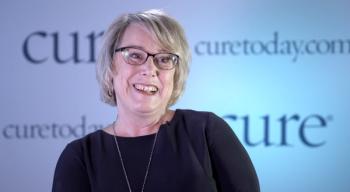
Any action, larger or small, can make a major impact in the lives of patients with a myeloproliferative neoplasm.
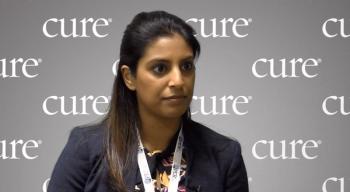
Immunotherapy can cause some side effects that patients and practitioners should look out for.
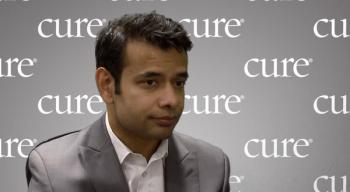
Yervoy plus Opdivo is a good combination for many patients with kidney cancer, though some individuals should steer clear of the regimen.
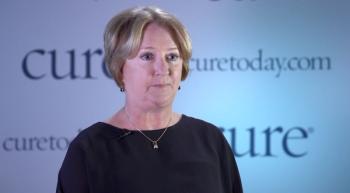
After her daughter was diagnosed, Celia Miltz founded the Friends of ET Research.
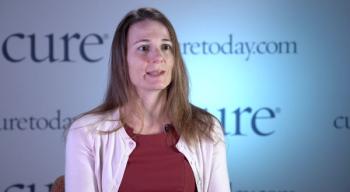
Angela Fleischman, M.D., Ph.D., is particularly excited for improvements in treating early-stage disease.
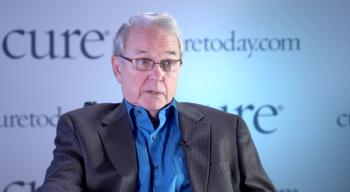
After realizing how little awareness there was about MPNs, one advocate looked to his TV background to help.
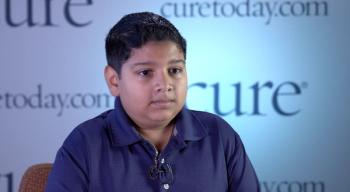
Jaden Persaud knows firsthand how a MPN diagnosis can affect a family's life.
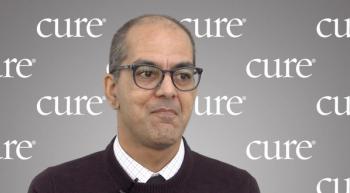
Many patients with myelodysplastic syndrome are not receiving early treatment.
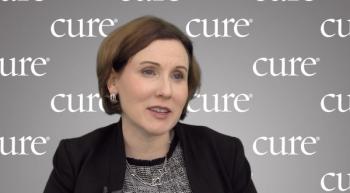
Learning more about MDS will lead to better diagnostics and more personalized treatments.
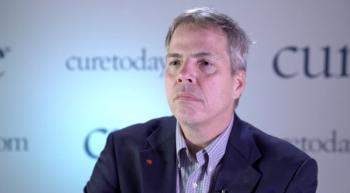
Will the word "cure" be used for patients with chronic lymphocytic leukemia (CLL)?
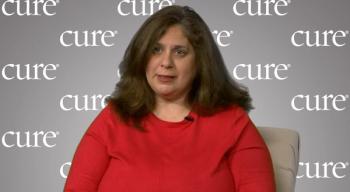
Katherine Heinowitz said she had the best year of her life after being diagnosed with cancer. But to do that, she had to do something she had never done before.
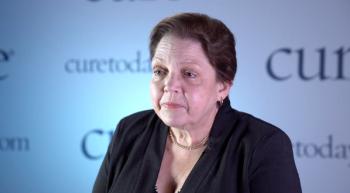
Understanding the disease and treatments are key aspects of being a patient advocate, explained MPN Hero Marcy Worthington.
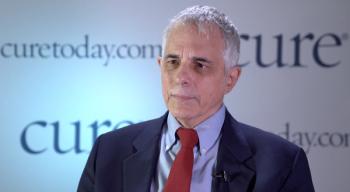
Brian Koffman is a family physician who used his own CLL diagnosis to start a group that informs other patients and their loved ones.
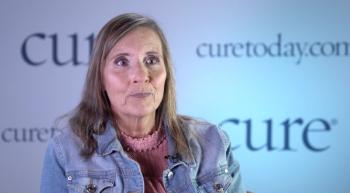
For this MPN Hero, helping patients came naturally, she said.
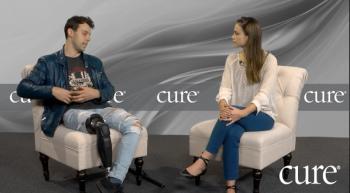
Evan Ruggiero was a sophomore in college when one day, he woke up with an intense pain in his leg. Since he spent many hours a day dancing, he initially thought it might be a minor injury. He got an X-ray anyway, and the results ended up being much more severe: an osteosarcoma diagnosis.

One of Scott Hamilton's doctors told him that proton therapy was, "an elegant choice."
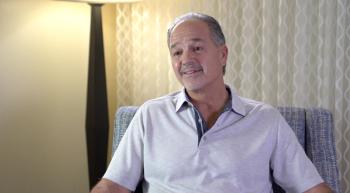
Former NFL coach discusses how cancer motivated him to appreciate life.

Two dietitians discuss the important role that food and nutrition play from diagnosis to survivorship.
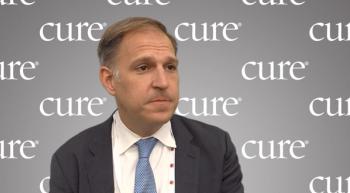
New findings could spark change in the way that some patients with multiple myeloma are treated.
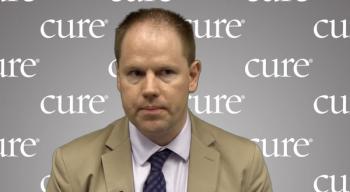
There can be many benefits for patients with gastrointestinal cancers, as well as their loved ones, to undergo genetic testing.
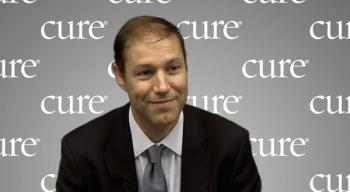
An expert describes what an interventional clinical trial is.

A cancer diagnosis can lead to discussions about family health history, as well as a whole new world to learn about.